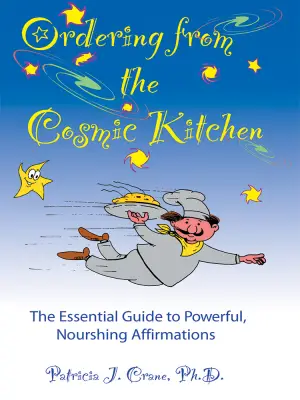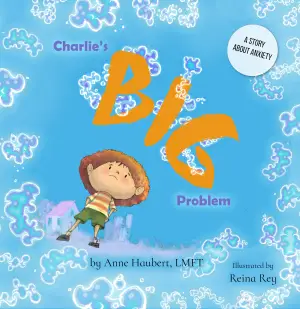Discovering the Depths of Personality: A Review of The Collected Works of C. G. Jung, Vol. 17: The Development of Personality
As an avid explorer of the human psyche, I found myself drawn to The Collected Works of C. G. Jung, Vol. 17: The Development of Personality. Jung’s insights into child psychology and the significance of parental influence instantly resonated with me. It’s fascinating how his deep understanding of personality development holds relevance even today, making this volume a treasure trove for anyone intrigued by the intricacies of the human mind.
A Journey Through Key Themes
In this collection, Jung meticulously navigates through the realms of childhood development, education, and the journey of individuation. He emphasizes how parents and teachers shape not only intellectual growth but also emotional and psychological health. One striking theme is the idea that a child’s psyche is a mirror reflecting the emotional states of their parents—a concept that made me pause and reflect on my own upbringing and its effects on my adult self.
What truly captivates in Jung’s writing is his ability to weave complex psychological theories into relatable concepts. He analyzes how societal expectations and the constraints of religious ideologies can stifle healthy psychological development, particularly concerning sexuality. As I read Jung’s assertion that "parents should always be conscious of the fact that they themselves are the principal cause of neurosis in their children," I felt an exhilarating mix of discomfort and clarity. It’s a truth that’s stark yet essential to acknowledge.
Engaging Writing Style
Jung’s prose is both enlightening and approachable. He combines a scientific rigor with a narrative flair that makes even intricate theories digestible. His eloquent insights into dream analysis and the dynamics of marriage further enhanced my reading experience. The section on relationships particularly resonated with me as he explores how marital dynamics reflect our deepest selves and shadows. It’s sobering to consider how we project our unconscious desires onto our partners, creating a dance of merging and conflict instead of true connection.
Notably, testimonials highlight the accessibility of his thoughts: “Jung writes that children are extraordinarily perceptive to the subtle emotions of their parents.” This observation reminded me of moments in my own life where I sensed the unspoken emotions of those around me, reaffirming the profound impact of our surroundings on personal growth.
For Whom Is This Book Meant?
The Development of Personality is a must-read for educators, parents, psychologists, and anyone interested in understanding themselves better. It prompts important reflections on our childhood experiences and the roles we play in the lives of others. The book extends an invitation to take a closer look at the patterns that shape us—an invitation I found both challenging and liberating.
In conclusion, reading this volume was not merely an academic exercise; it was a deeply personal journey through the terrain of my own psyche. Jung’s work underscores the importance of self-awareness not just for personal growth, but also as a way to nurture the future generations. If you find yourself intrigued by the psychological factors that shape personality and relationships, this volume could very well be the key to unlocking deeper insights into your own life.
You can find The Collected Works of C. G. Jung, Vol. 17: The Development of Personality here >>


















